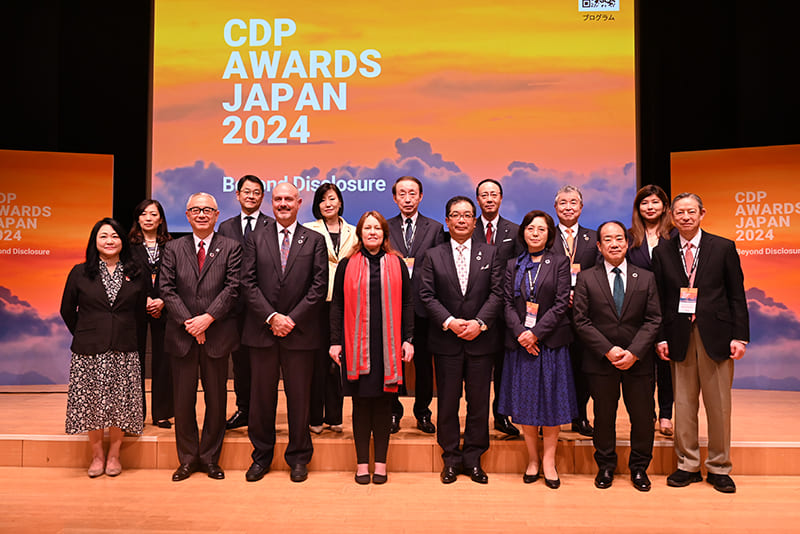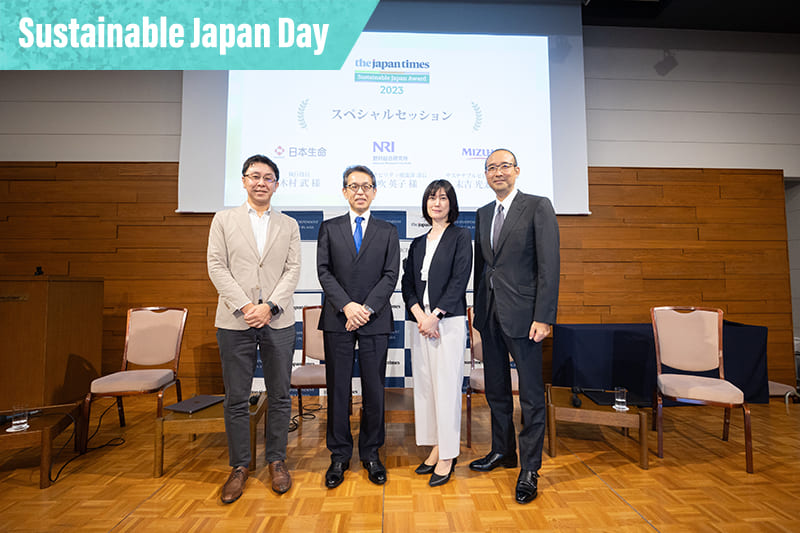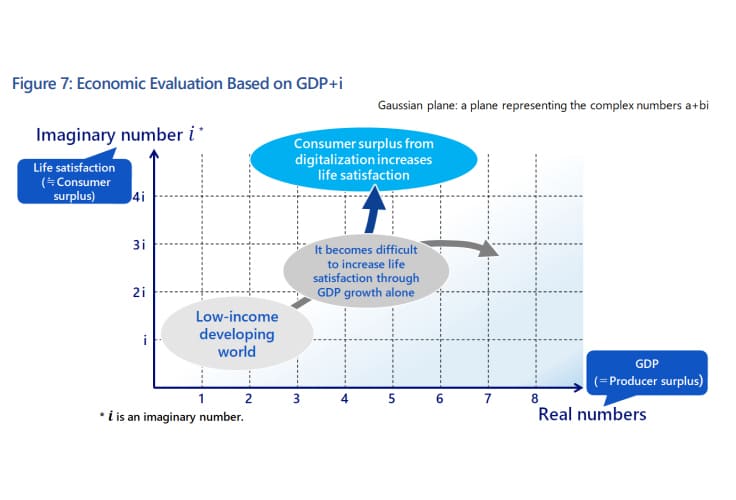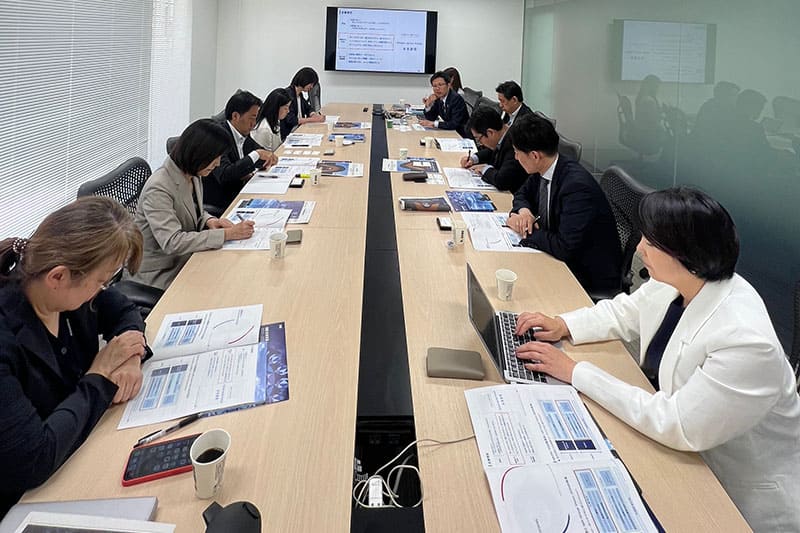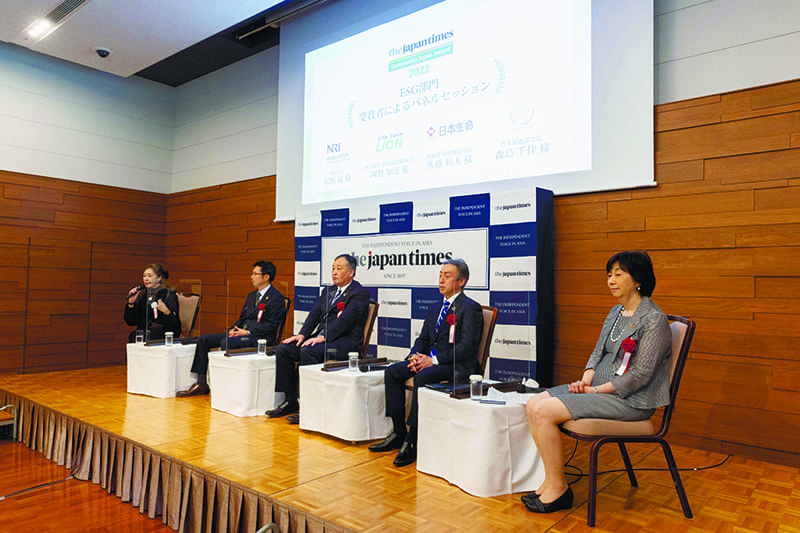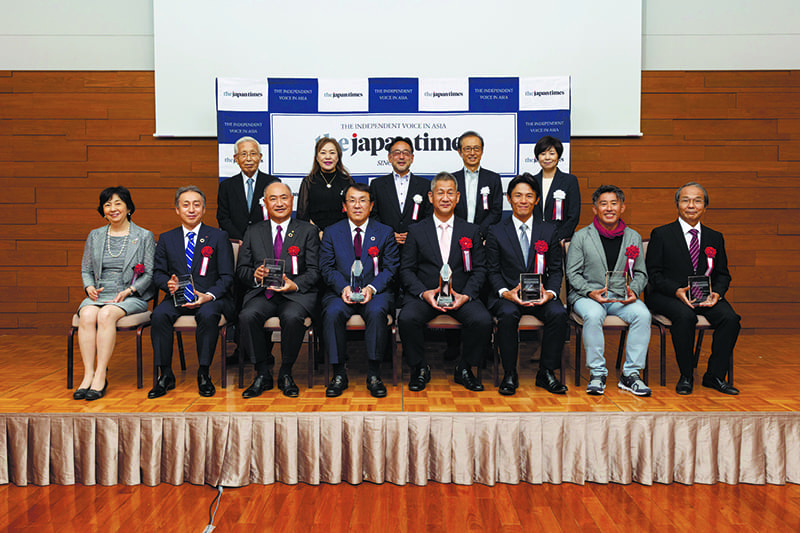March 17, 2023
Nomura Research Institute takes initiative on co-creating the future
SPONSORED CONTENT
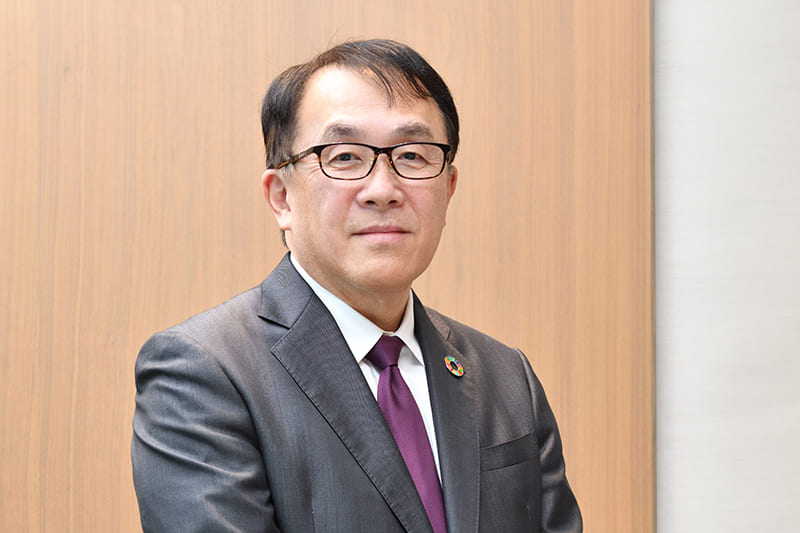
Nomura Research Institute has a unique background. Japan’s first private think tank was founded as a joint-stock company, unlike many others overseas. In addition, it explicitly set a goal of contributing to society in its founding prospectus decades ago.
It was established in 1965 when a research section of Nomura Securities Co. was spun off. The credo in the NRI founding prospectus says its founding purpose is to promote industry and be of service to society as well.
“Sustainable business management is nothing special to us. Since NRI was founded, we have cherished our corporate identity to conduct sustainable management,” President and CEO Shingo Konomoto said in a recent interview. In August, NRI won the Grand Prize at the Sustainable Japan Award 2022, sponsored by The Japan Times.
Because of its corporate background, the company has tried to strike a balance between its social and economic priorities. Konomoto said NRI tended to prioritize social values for long time until it was listed on the Tokyo Stock Exchange in 2001, which prompted the company to place more emphasis on profitability.
NRI once again highlighted the importance of its social values in the 2019-2022 medium-term management plan by defining its nonfinancial values, he said. The plan shows that NRI’s three social values are “Co-create a thriving future society by driving new value,” “Co-create an ideal society by effectively utilizing its resources” and “Co-create a safe and secure society by advancing its infrastructure.”
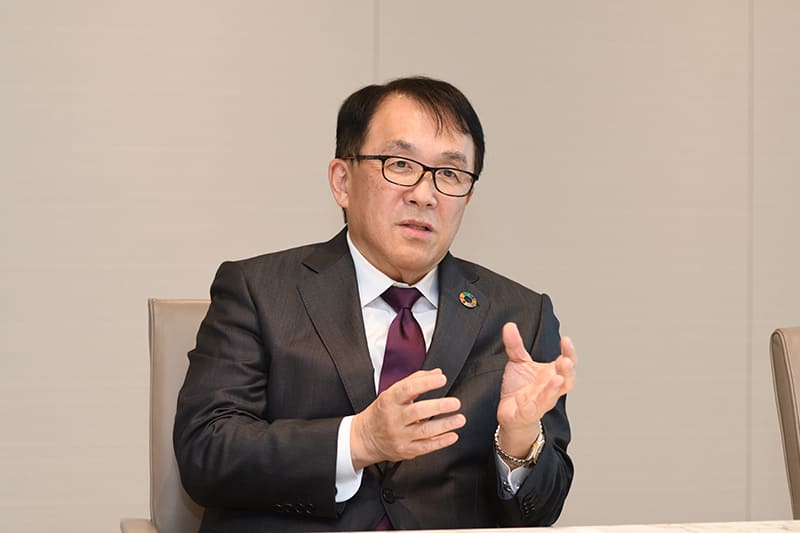
“The definition of the values helps us to think which social values our business activities are creating and what kind of new business opportunities we can explore,” the president said, as well as leading toward new business values.
The three social values listed on the midterm plan led to establishment of what NRI calls “digital social capital” — social infrastructure constructed by its consulting and information technology services.
For example, in 2021, construction machinery maker Komatsu Ltd., telecommunication firm NTT Docomo Inc., Sony Semiconductor Solutions Corp. and NRI jointly launched a new company, Earthbrain Ltd., to support digital transformation in the construction industry and improve productivity and performance at construction sites.
Using the technologies of artificial intelligence and virtual “digital twins,” Earthbrain’s service enables builders to make optimum construction plans in virtual reality, finding the most efficient workforce and the amount of materials based on the geographic conditions. NRI provided the digital platform. By introducing the service, the amount of time needed to set up a plan can be cut from several months to just one day. Amid the country’s aging population and shrinking labor force, the service improves productivity in civil engineering and slashes costs.
“Such examples of creating social values through digital social capital inspire our workers to make new proposals to our customers. I think this is beginning to create our next business opportunities,” Konomoto said.
Another example is its business connected to My Number personal identification cards, which have embedded IC chips. In December, Nippon Life Insurance Co. started to use an identity-confirmation system provided by NRI to check whether the owner of a card has died. If so, the life insurer prompts the bereaved family to request payment on the person’s policy.
NRI is also known for its active disclosure of financial and nonfinancial information related to environmental, social and governance (ESG) issues.
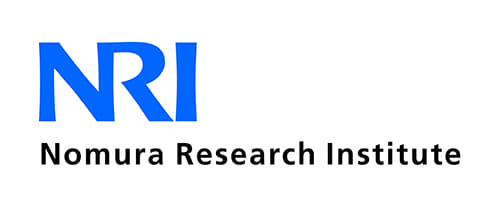
“I believe we cannot deceive financial markets,” Konomoto said. “Even if companies want to hide something from them, that would be impossible.” Disclosing necessary information for investors and other stakeholders leads to commitment by companies. It also sends a good message to employees, he said. “We want to keep the level of our disclosure at the top level.”
Konomoto said such a stance wins a company a high reputation from institutional investors who have a long-term perspective with an emphasis on impact investment.
NRI not only conducts sustainable business management for itself but also supports sustainability efforts by its customer companies. With its NRI-CTS (NRI-Carbon Tracing System) service, the company estimates the amount of greenhouse gas a customer company emits, both itself and in its supply chain.
As for taking a broad perspective on the future, Konomoto said NRI aims to play the role of a coordinator that creates a blueprint for a future society and starts businesses to realize it while reconciling the interests of various stakeholders.
One example is the GX League for green transformation, whose grand design was announced by the Ministry of Economy, Trade and Industry last year, aiming to open discussions for rulemaking to launch emissions trading by 2026. In fiscal year 2022, nearly 700 companies based in Japan have agreed to join the league. NRI is one of the organizers for making rules and conducting trials over the next three years.
“Since social issues are becoming more and more complex, we cannot easily solve them alone. There are an increasing number of problems that we should solve by forming a team with various stakeholders,” Konomoto said. “I want NRI to play the role of taking the initiative in doing this.”

